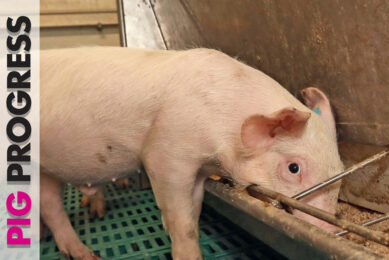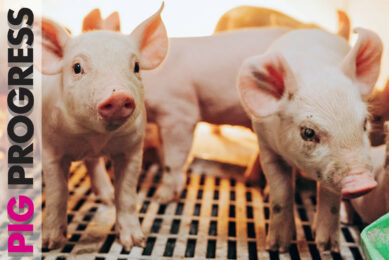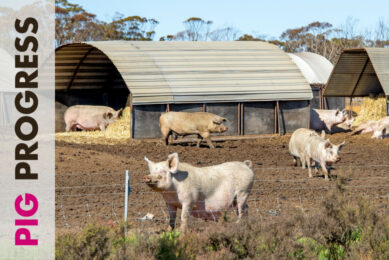Semen, Spain and smart farming in Pig Progress 5
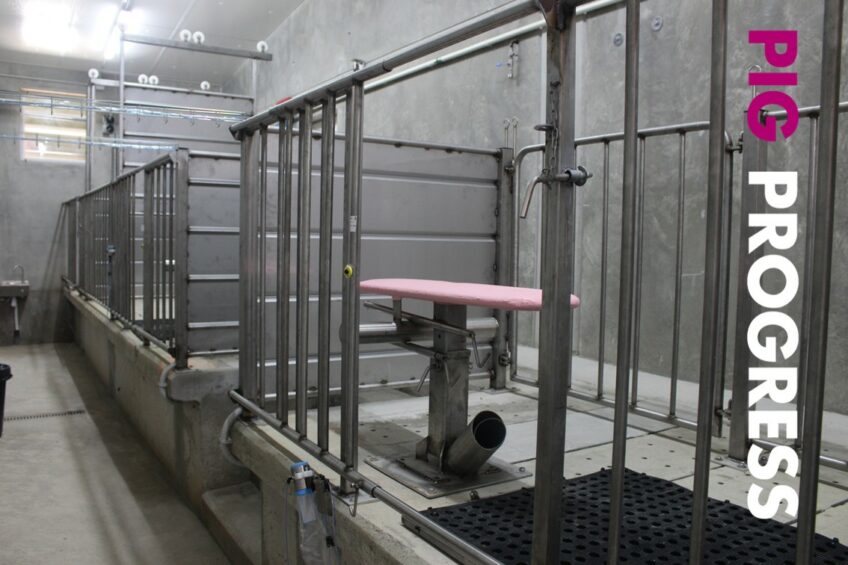
This latest edition of Pig Progress spills the beans about the inside of a brand-new gene transfer facility in Spain. An interview with a sow specialist at SEGES explores how better piglets start with the sow. This and much more in the latest online edition.
Interview: litter gain to breed more piglets
At an upcoming summit on piglet health and nutrition, which will be held in Copenhagen this September, Thomas Sønderby Bruun, sow specialist at SEGES, will focus on how better piglets start with the sow. In this interview on pages 6-8, he discusses the importance of sow feeding and nutrition, and research with Dr Strathe.
Column: margins are tight
On page 10, columnist Casey Bradley notes that the US swine industry typically enters into higher market prices at this time of the year, but 2023 is “not shaping up to be one of those years” – also seen in the feed ingredient market.
Recording medicine use at individual pig level
The use of antibiotics will likely become stricter. This draws interest to a precision injecting device, which automatically dispenses the required amount of a vaccine, antibiotics or iron supplements and digitally records the treatment and relevant pig data for each pig. Pages 14-15.
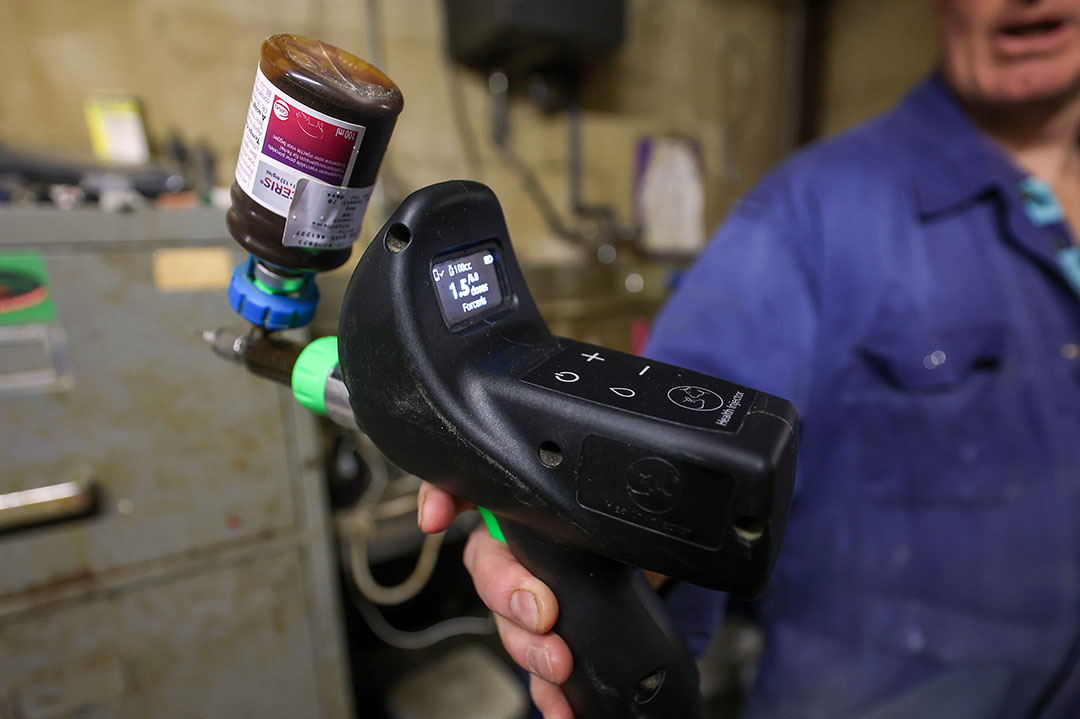
Farm visit: conquering Spain using ‘bunker farms’
Swine genetics company PIC partnered with artificial insemination specialist company, Semen Cardona, to open a ‘gene transfer centre’ in northern Spain. Pig Progress had a unique opportunity to look around the facilities just before 300 maternal and terminal boars arrived. It is expected that this facility will produce up to 600,000 seminal doses per year. Pages 18-21.
Teeth reduction – how to avoid the practice?
Routinely resecting teeth, which can cause pain, lesions or deeper tissue damage, has been banned in the EU. This article on pages 22-23, which is based on a research paper, examines risk factors, preventing injury, and highlights how the industry can find practical solutions and avoid piglet procedures.
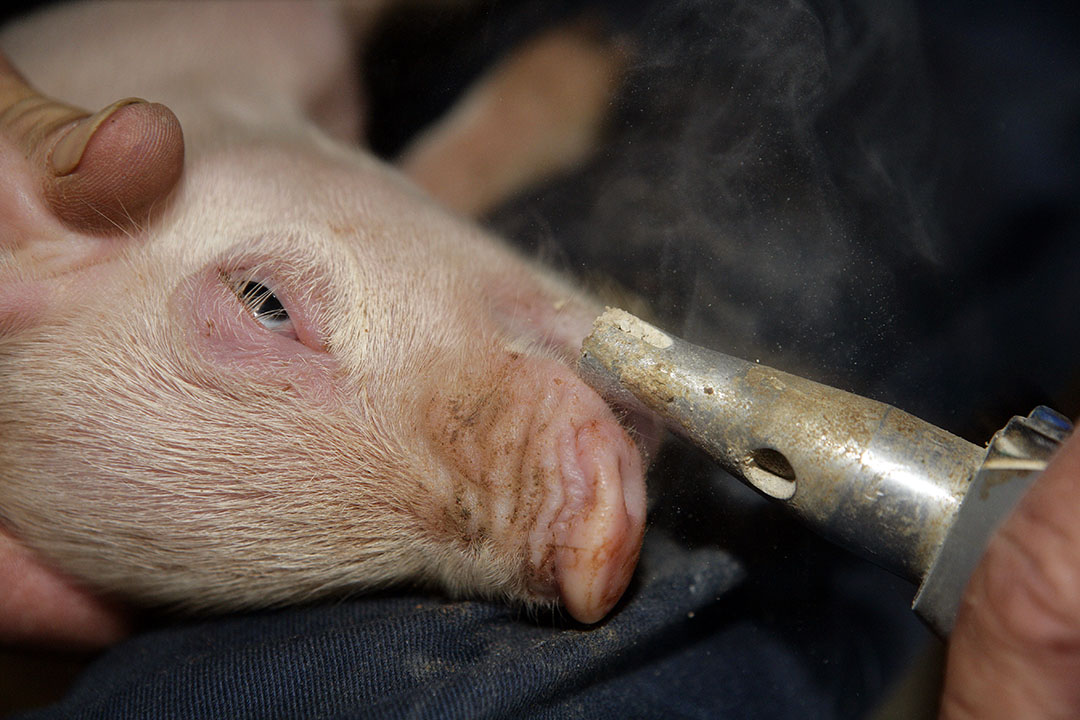
Review: sustainability, a must-have, not a should-have
A clear message from the recent World Nutrition Forum, which DSM-Firmenich held in Cancún, Mexico, was that when it comes to sustainability, the time to be proactive is now. Hundreds of experts in the fields of science, academia, research, veterinary medicine, animal nutrition, genetics, business and feed manufacturing from around the globe gathered to learn more. Pages 28-29.
Column: taking control of piglet mortality
Regarding piglet mortality, columnist Irene Camerlink writes that “passively watching or doing nothing” is improper management. She also highlights how it is important to look at not only the main causes of mortality but also the factors leading to them. Page 34.



